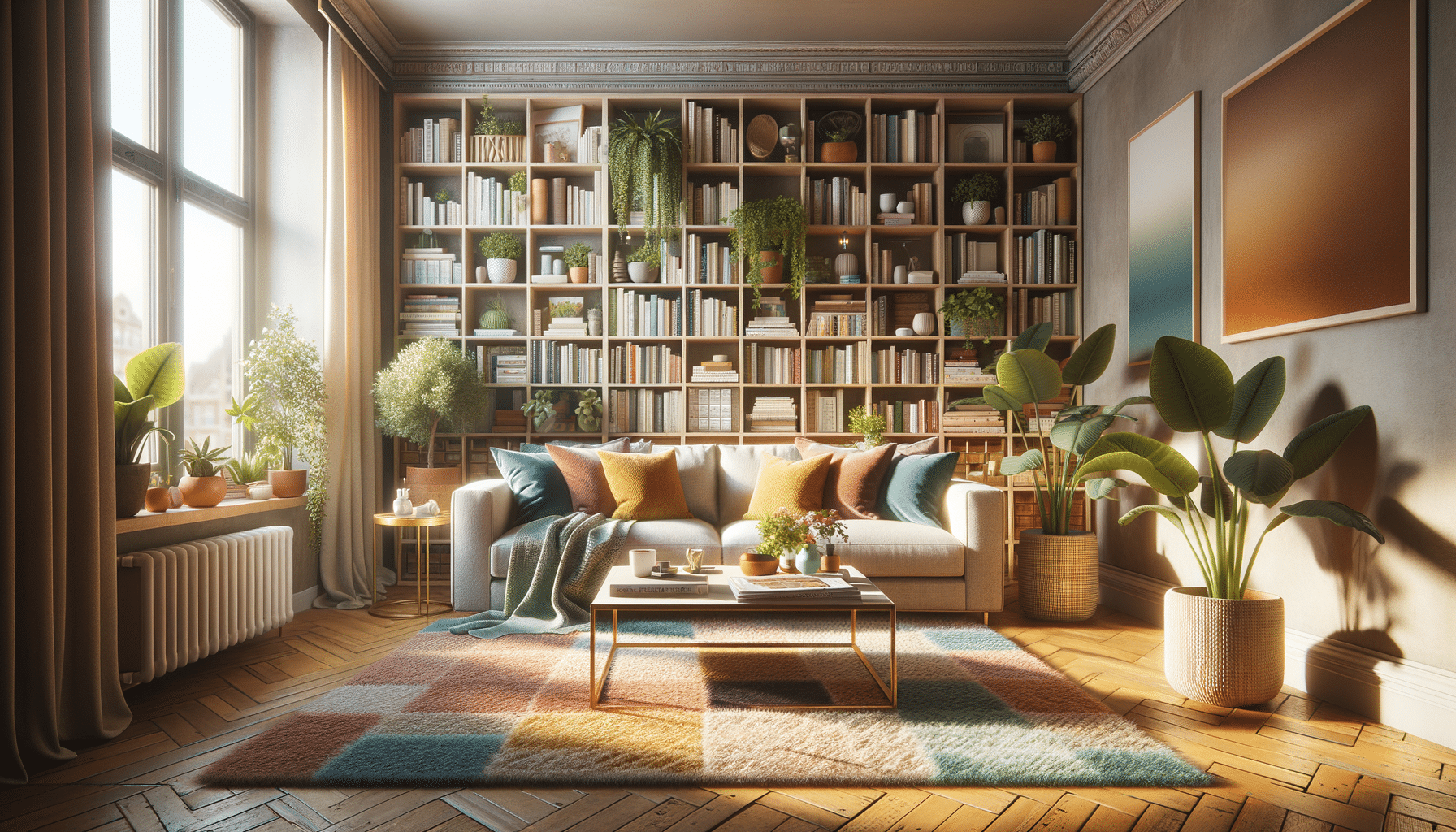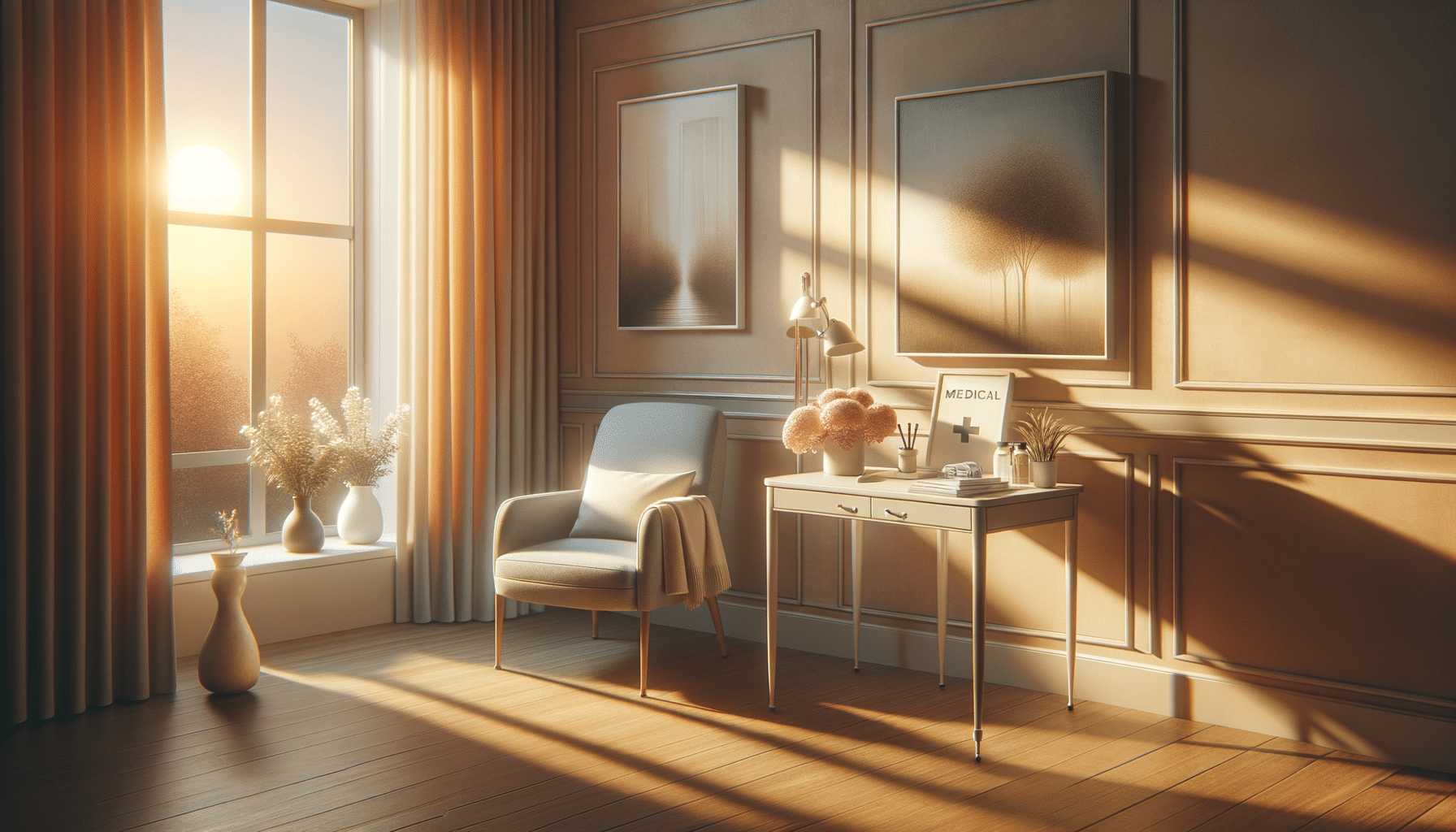
What Causes Clutter in Your Home? Discover 5 Practical Solutions
Introduction to Household Clutter
In today’s fast-paced world, maintaining a clutter-free home can be challenging. Clutter not only affects the aesthetics of your living space but also impacts mental well-being. Understanding the common causes of clutter is the first step toward addressing the issue effectively. This article explores various sources of household clutter and provides practical solutions to keep your living environment organized and serene.
The Psychology Behind Clutter
Clutter can often be attributed to psychological factors. Many individuals tend to hold onto items due to emotional attachments, fear of waste, or perceived future utility. For instance, sentimental items may pile up because they hold memories, while items bought on sale might accumulate due to the fear of missing out on a good deal. To tackle this, it is essential to recognize that holding onto these items does not equate to preserving memories. Adopting a minimalist mindset can help in evaluating the true necessity of each item.
- Create a memory box for sentimental items.
- Set specific limits for collections and adhere to them.
- Regularly review and declutter storage spaces.
Uncontrolled Shopping Habits
Another significant contributor to clutter is uncontrolled shopping habits. In the age of online shopping, the ease of acquiring goods has led to overconsumption. Many people purchase items on impulse, only to realize later that they are not needed. To combat this, it is vital to implement mindful shopping practices. Making a list before shopping, setting a budget, and questioning the necessity of each item can reduce unnecessary purchases. Additionally, adopting a one-in-one-out policy can help maintain balance in your possessions.
- Plan shopping trips with a list to avoid impulse buys.
- Establish a monthly budget for discretionary spending.
- Practice the one-in-one-out rule for new purchases.
Lack of Organizational Systems
Many homes suffer from clutter due to a lack of effective organizational systems. Without designated spaces for items, belongings can quickly become disorganized. Implementing a structured system can greatly enhance home organization. Start by categorizing items and assigning specific storage areas. Utilize storage solutions like shelves, bins, and baskets to keep items neatly arranged. Labeling storage spaces can also aid in maintaining order, ensuring that everything has a designated spot.
- Use clear bins and labels to organize items.
- Invest in multi-functional furniture with storage capabilities.
- Regularly reassess and adjust your organizational systems.
Time Management and Routine Maintenance
Lastly, clutter often accumulates due to poor time management and irregular cleaning habits. A busy lifestyle can lead to neglect of routine maintenance tasks, allowing clutter to build up over time. Establishing a regular cleaning schedule can prevent this. Allocate specific times for decluttering sessions and daily tidying tasks. By integrating these activities into your routine, you can maintain a clutter-free environment effortlessly.
- Set aside time weekly for decluttering sessions.
- Create a daily tidying routine for common areas.
- Involve family members in maintaining a clean home.
Conclusion: Achieving a Clutter-Free Home
Achieving and maintaining a clutter-free home requires understanding the root causes of clutter and implementing strategic solutions. By addressing psychological factors, controlling shopping habits, establishing organizational systems, and managing time effectively, you can create a serene and inviting living space. Remember, the journey to a clutter-free home is ongoing, but with consistency and dedication, it is entirely achievable.


